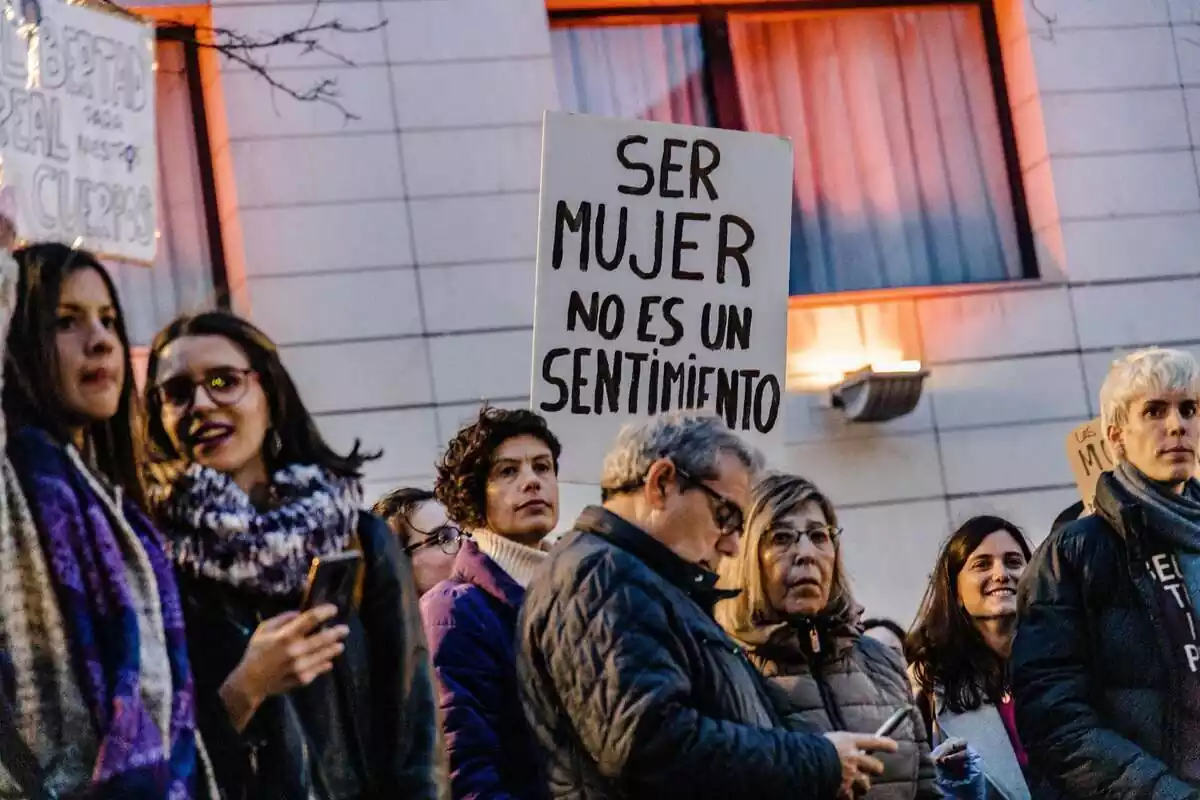
Censorship: They cancel an event about the trans law because 'a law can't be criticized'
Silvia Carrasco reports that this law is an 'anti-democratic gag' that prevents public debate
Sílvia Carrasco, professor at UAB, prominent feminist, and president of "Feministes de Catalunya," has reported a case of censorship in Reus through social media. According to her explanation, the Centre de Lectura de Reus has suspended a talk titled Do we have to protect our children from the trans law? Among other attendees, the talk was going to feature José Errasti, a Psychology professor at the University of Oviedo and author of several books on the subject.
To suspend the talk, the Centre de Lectura de Reus has claimed that "a passed law can't be criticized." Regardless of whether the passing of a law is a reason to suspend public discussion, in this case, the Constitutional Court has not yet ruled. That is to say, the law is not really passed.
As reported earlier this month, the Constitutional Court had decided to postpone its verdict indefinitely on the "law for the real and effective equality of trans people and for the guarantee of LGTBI rights." In the Court's opinion, there are two articles related to sanctions for discrimination against trans people that may violate the principle of proportionality.

a law that divides
This time, the progressive sector of the Constitutional Court has not shown unanimity, and that is one of the reasons for the paralysis of the law. That the law allows medical interventions in minors is a very delicate point that some judges do not see entirely clear. Ultimately, this is nothing more than a reflection of the deep division that transgenderism causes within the left itself.
Indeed, while the "woke" left blesses queer ideology, classical feminism denounces that it destroys the foundations of the feminist struggle. Regardless of the fact that they also point out that sex is a biological, scientific factor that doesn't respond to the will of individuals. This contrast between the two positions has resulted in harassment and targeting.
For instance, as explained in E-Notícies, Professor Carrasco has been subjected to harassment and bullying at her workplace for opposing the trans law. The latest example is none other than the suspension of this conference in Reus. "If a law says that criticizing it is a crime (in this case, of hate), it is clear that it has no place in a democratic state, which guarantees freedom of opinion and expression and the presumption of innocence," concludes Carrasco.
More posts: